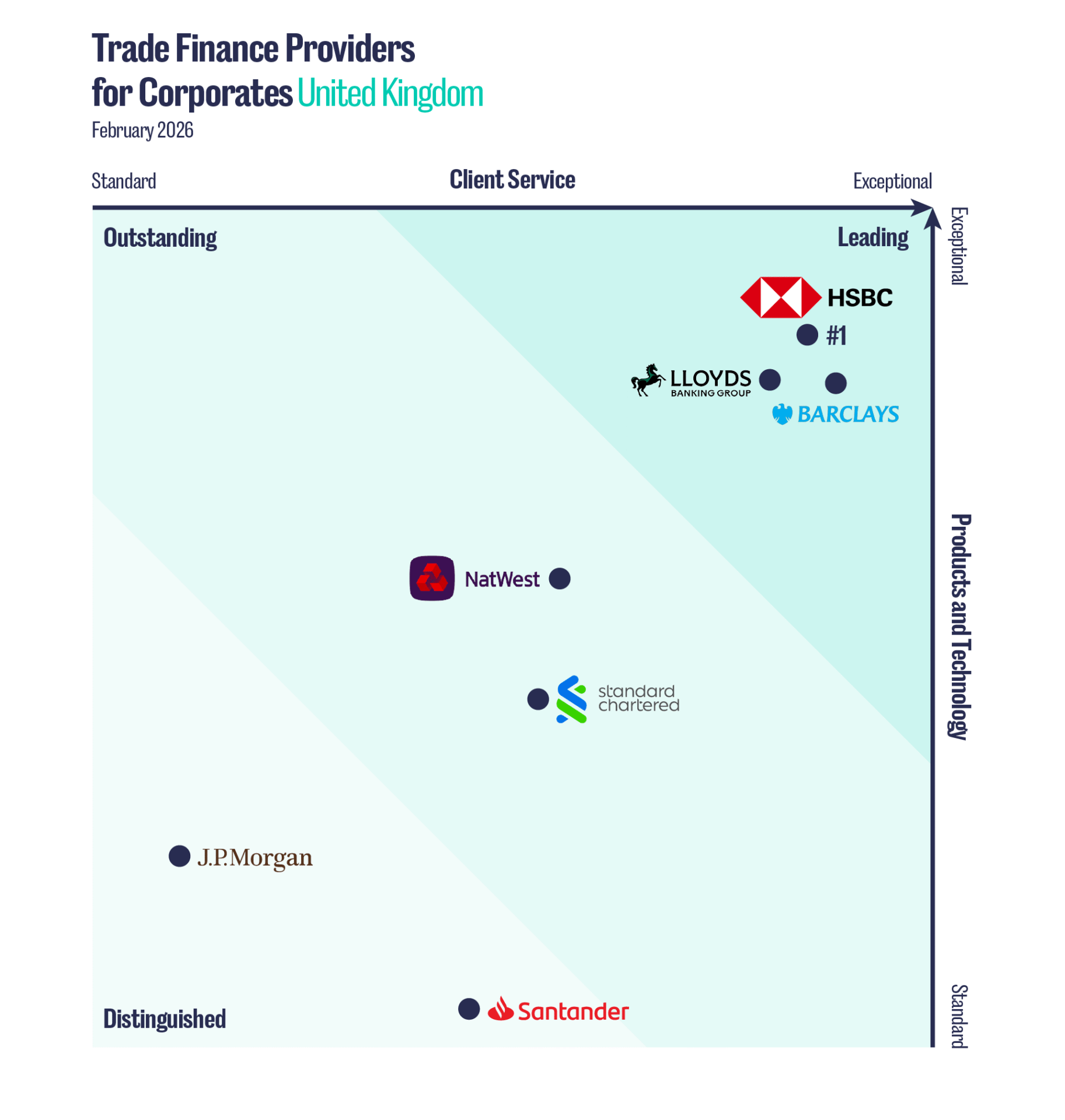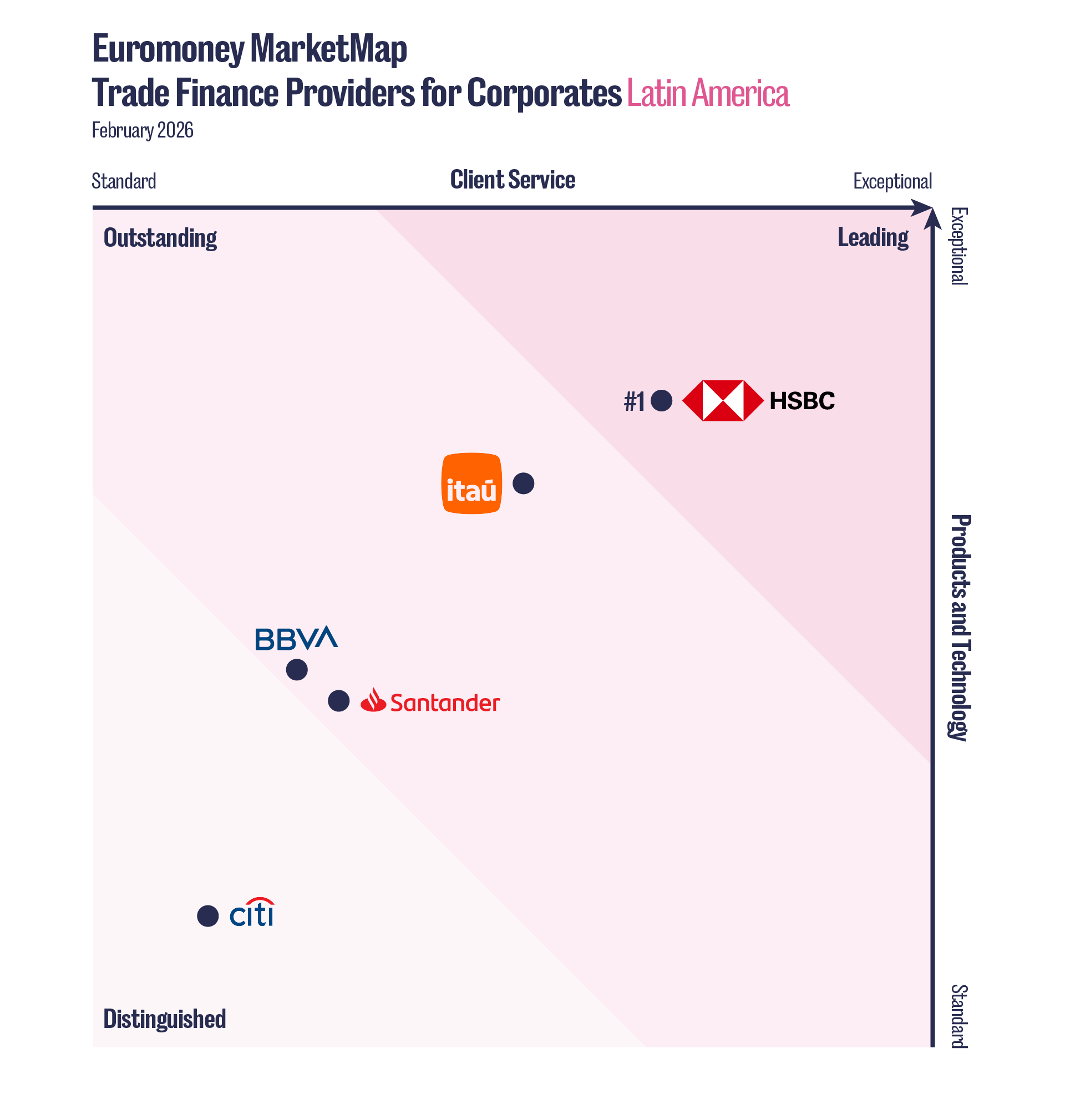On October 17, Bank of New York Mellon, the world’s largest custodian bank, and HSBC announced the latest initiative to bolster liquidity in the bond markets in collaboration with Algomi, the innovative distributor of pre-trade data.
While there have been signs of improvement in fixed income liquidity since all-to-all trading took off a couple of years ago, with asset managers at times now making prices to each other on platforms such as MarketAxess, dealers continue to report a bifurcated market.
Access intelligence that drives action
To unlock this research, enter your email to log in or enquire about access



